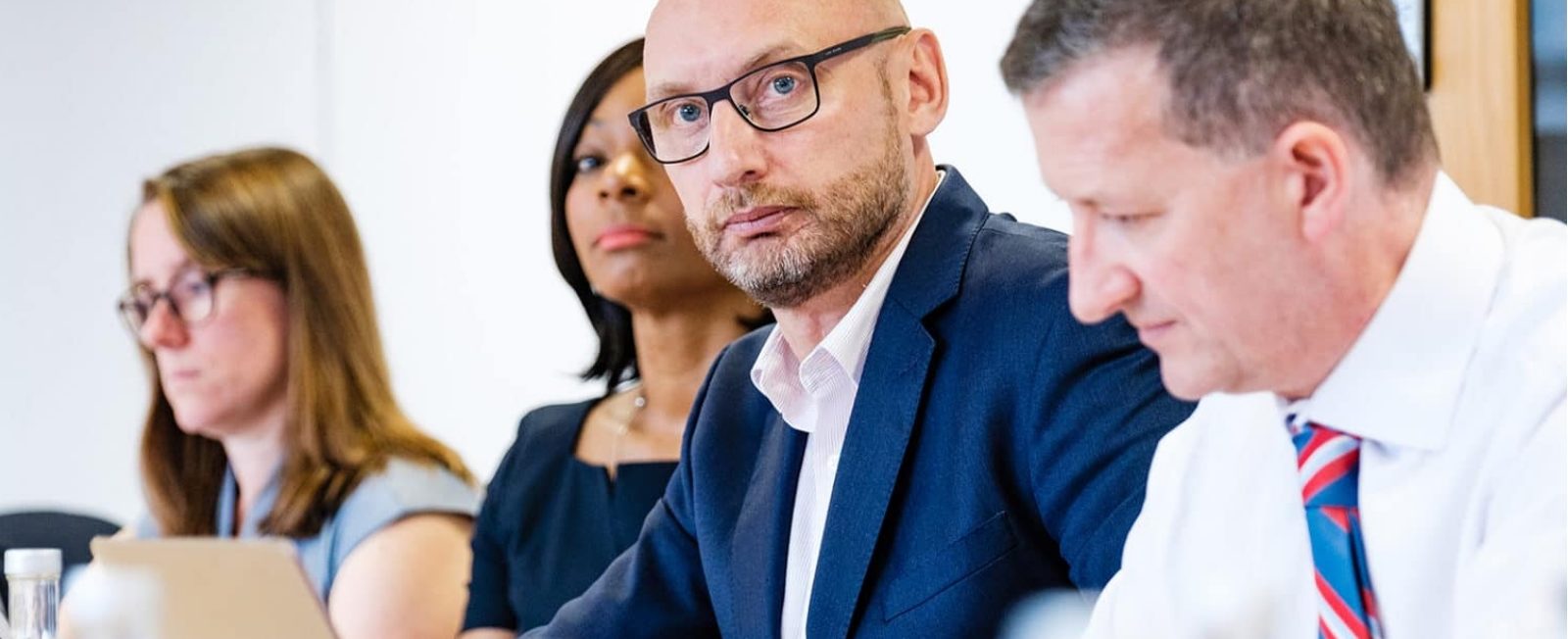Difficult Conversations – Six Tips To Start Well
by James South
If you don’t prepare effectively or start a challenging conversation well, it severely limits the opportunity for a successful outcome.
Here are six tips on how to prepare for your next difficult conversation and start the discussion well.
1. Have an Achievable Purpose for the Conversation
The key to an effective difficult conversation is having a clear achievable purpose
Implicit in this is don’t set yourself an unachievable and ineffective purpose.
For example, an unachievable purpose would be to get them to agree totally with my views and proposed solutions. A more achievable purpose would be to understand all the issues and consider options to resolve the matter.
Finally, in this context for leaders, sometimes your purpose will be to give bad news, such as terminating employment. If this is the case, then be sure to convey this purpose up front, and then deal with the subsequent reaction.
2. Move from Certainty to Curiosity
This tip is perhaps the most important.
If you get your mindset right then it will affect a lot of other things during the conversation, but will be the one perhaps most counterintuitive for many busy leaders.
Leaders and managers are normally problem solvers and are also used to providing certainty. Therefore, their instinctive approach will be to jump straight to solutions, tell the person the answer and /or persuade them their views and solutions are the right one.
Even if you have the organisational power to do this, if you don’t bring the other person with you and collaborate with them, any solution won’t be sustainable or even implemented.
In the context of conflict resolution, leveraging organisational power should not be the first port of call.
Rather the individual needs to move from a mindset of certainty –“I have seen this before, I know what is going on, I know how to solve this” – to a mindset of curiosity. I wonder what is really going on here? What is it that I don’t know here? What’s really important to this person? How are they feeling? – this will produce a much more productive conflict-resolution approach.
In your preparation, consider what you don’t know rather than coming up with solutions or focusing on stated positions.
When opening – tone is crucial – don’t seek to persuade – come from a position of genuine curiosity and start with understanding their perspective before giving your own.
3. In Preparing, Consider Interests and Process
It is easy to think about issues from your perspective, what you want and your solutions.
While you should do this, it is also important to think through what you think is important to them or what information you might be missing. Additionally, try and map out what possible solutions you think they will put forward.
Also don’t just think through the ‘what’ of the problem issues, interests and solutions – but actively prepare the ‘how’ you are going to have the conversation.
How are going to open? Think through some key points to cover and even consider practising saying what you want to say in order to increase your comfort levels when the moment arrives.
Where will the conversation take place? Will it be online, over the phone or best done in-person (preferable if possible)?
Also, ensure you schedule a specific time to give the conversation the respect it deserves and allocate sufficient time – don’t rush.
4. Convene the Right Stakeholders
If the conversation only concerns one person, for example giving feedback to a colleague, then this point takes care of itself.
However, issues are often not confined to one individual and may involve multiple people. Additionally, even if they are not directly involved, they may have influence or a role in finding a way forward.
For example, this may include other managers, human resources, operations or finance. Equally, there may be external stakeholders to consider.
The important point here is to give some thought to who should be involved in order to achieve the best possible and most sustainable outcome.
5. Agree an Agenda and Timings in Opening
All too often, people start meetings, particularly difficult ones with no clear purpose in mind (as we previously discussed) and with no clear agenda.
In a conflict situation, it is extremely important to set out the agenda for the meeting linked to your purpose.
Make sure you ask them if that works for them, and if they have any other agenda items they wish to add.
Additionally, ensure sufficient time for this conversation and be realistic – 15mins is likely to not be enough.
Indicate the timings for the conversation with the other person and get their agreement.
If they are reluctant to give as much time as you think is needed, explain why it’s important to give time to it and reschedule if sufficient time is not available at that moment
If this can’t be done, then reset an achievable purpose for the conversation in the time you have available.
6. Beware the Ambush
We have all been in situations where someone has come to you and said something along the lines of “can I have a quick chat” and then launches into a diatribe about a complex conflict situation.
If you don’t have the time to have the conversation in the moment or think you need more time to prepare, then do the following:
- Acknowledge the importance of the issues and the strength of feeling on show – respect their emotions
- Make it clear you want to do the situation justice
- Agree a time and place to have a more in-depth conversation
- Agree any actions in the interim to make the conversation the most productive
This is the subject of a podcast by James South which you can listen to here.



